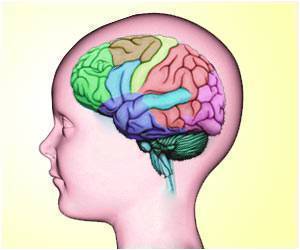Mechano-sensors function of a cellular structure – microtubules and its regulatory action of the intracellular transport of molecules has been reported by a first study.

‘Mechano-sensors function of a cellular structure – microtubules and its regulatory action of the intracellular transport of molecules has been reported by a first study.
’





Earlier data have hypothesized that these microtubules convert mechanical information into biochemical information and hold an important role in cell morphogenesis and intracellular material transport. Detailed Findings
However, the present study has now proved the first evidence for its mechanosensitive behavior of microtubules. The team validated its findings through microtubules experimententation with a cell free system.
It was found that the movement of a motor molecule – kinesin is slowed down when the microtubule is bent, and even without cavities or cracks in it. This showed that bent microtubules appear stickier to kinesin compared to unbent microtubules.
The dynamic processes of the moleccules were observed at the atomic level using a high-speed atomic force microscopy. The study findings thereby lead to new possibilities in the fields of biomechanics, medicine, and biosensors.
Advertisement










